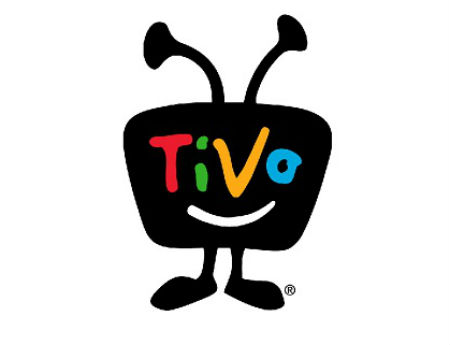TiVo Fights For Set-Top Waiver
The smarter way to stay on top of the multichannel video marketplace. Sign up below.
You are now subscribed
Your newsletter sign-up was successful

TiVo took its turn at the FCC to argue for a proposed waiver or a clarification on rules that the CE company use a standardized home networking interface on products supplied wholesale to cable operators and other multichannel video programming distributors (MVPDs).
TiVo’s latest round of comments, filed amid others on the matter from the National Cable & Telecommunications Association (NCTA) and the Digital Living Network Alliance (DLNA), landed a few weeks after Verizon Communications urged the FCC to “seize the opportunity” to waive all tech mandates tied to set-tops and other navigation devices that are distributed to MVPDs. Verizon also argued that market-based solutions are being developed and implemented by MVPDs and the CE industry.
TiVo countered in part that Verizon’s request “is overly broad and far beyond the scope of this limited proceeding,” and that while MVPDs do make some cable content available on certain retail devices, those efforts still fall short of the competition envisioned by the current rules, which ban the use of integrated set-top security.
TiVo, which counts RCN, Suddenlink Communications and Mediacom Communications among its MVPD partners, claimed that denying the waiver would “also harm the small and mid-sized cable operators who lack the economies of scale to fund the development of high end set-top boxes and rely on TiVo products and services, developed originally for the retail marketplace, to enable them to provide a superior DVR solution to their subscribers.”
TiVo filed the petition on August 29, acknowledging that TiVo products leased by MSOs don’t support “all elements of an open industry standard as that term has been defined by the Commission, and thus does not meet the letter of the rule.” It also argued that strict compliance of the rule would harm smaller cable operators that use TiVo products, that it would serve no public interests, and would be “extremely expensive” for TiVo given its historic investments.
TiVo also said that it had to work ahead of the DLNA, which released the CVP-2 guidelines in March, and followed in September with the debut of the “VidiPath” brand and a certification program -- initiatives that will provide a secure, in-home IP networking path that will allow MVPDs to deliver subscription TV content (and bridge their user interfaces and navigation systems) to VidiPath-certified retail CE products such as set-tops, gaming consoles and streaming devices.
The DLNA weighed in with its own comments, telling the FCC that it should refrain from granting TiVo a permanent or temporary waiver because the VidiPath Guidelines “have been available for long enough to enable implementation.” Further, it put forth the claim that recently announced direct-to-consumer IP-delivered services from HBO and CBS “could be enabled by VidiPath.”
The smarter way to stay on top of the multichannel video marketplace. Sign up below.
The NCTA, in its comments, called on the FCC to clarify whether a ruling by the D.C. court last year that vacated the 2003 Plug-and-Play order (EchoStar Satellite vs. FCC) also vacated the HD set-top box output rule in question. If that’s the case, the NCTA said, the TiVo request for waiver would be moot.
“TiVo’s petition is a good illustration of how ill-suited the constraints of the HD set-top box output rule are to today’s market,” the NCTA said, noting that the rule ties back to a mandate that all HD boxes include an IEEE 1394 digital connector (also known as FireWire), which the market has since rejected in favor of Ethernet and HDMI. The FCC doused the FireWire requirement in June 2010, so long as boxes provide alternative access to content over IP home networks.
The NCTA also pointed out that the HD box output rule is outdated in that it doesn’t reflect how cable video is consumed. Once locked to the set-top box, that content is now delivered through apps to mobile devices, connected TVs, PCs, gaming consoles and other devices, the NCTA said.
“The better approach is for the Commission to confirm that Section 76.640(b)(4) no longer applies and allow the market to deliver diverse solutions,” NCTA said.
Echoing of another Verizon view, the NCTA said that if the FCC does decide that the HD set-top box output rule does still apply, the Commission should grant a waiver or any extension of the compliance deadline to the entire industry, and not exclusively to TiVo.
